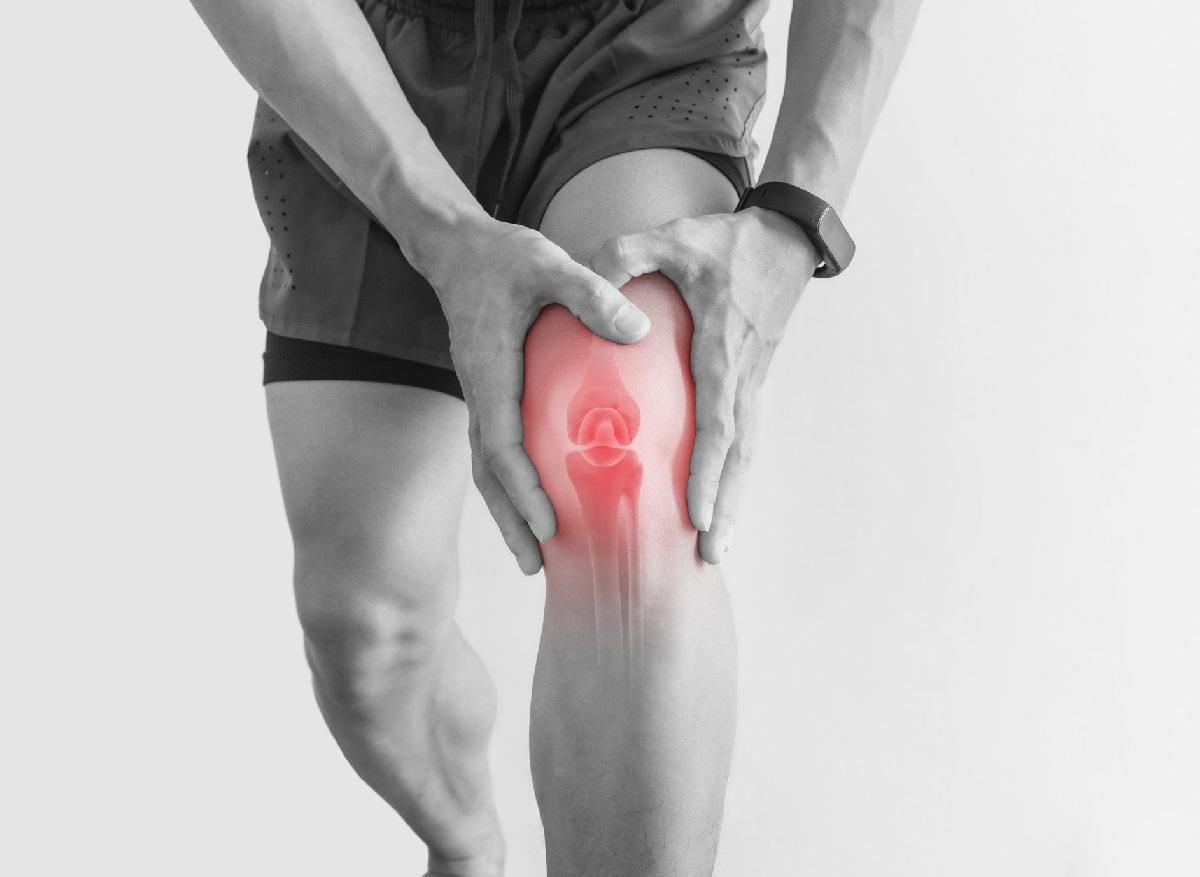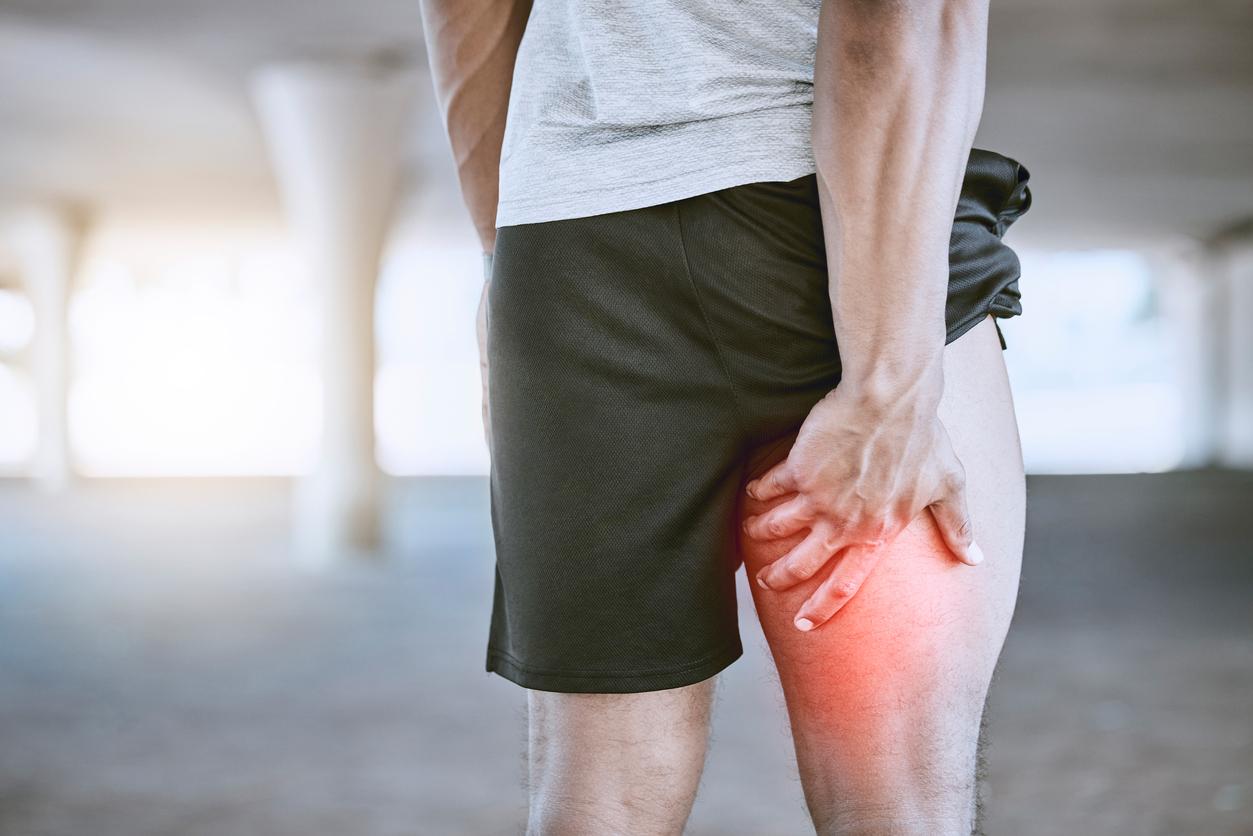While a dozen countries in the European Union and several American states have legalized the use of medical cannabis, France is falling further and further behind in its experimentation.

- Launched two years ago and authorized by the National Assembly last December, the experimentation with medical cannabis was to last eighteen months and concern 3,000 patients.
- This research on medical cannabis, and therefore its possible legalization in the long term, is slow to see the light of day.
The experimentation of medical cannabis, and therefore in the long term its possible legalization, is slow to see the light of day. An article from the JDD lists several types of barriers to research.
Last June, the health authorities first postponed the start of the project to January 2021 because of the coronavirus epidemic. Furthermore, the date of publication of the application decree necessary to launch the research remains unclear. Another problem: the project has still not received any budgetary allocation. Finally, the desire of French farmers to contribute to experimentation and therefore potentially to cultivate cannabis poses a glue to politicians, who plan the publication of a legal framework in the form of a decree, the publication of which is again uncertain.
3,000 patients
Launched two years ago and authorized by the National Assembly last December, the experimentation with medical cannabis was to last eighteen months and concern 3,000 patients. “France has fallen behind on research on medical cannabis. There is no reason to exclude cannabis to treat these pains. It could happen in France”, declared the former Minister of Health Agnès Buzyn in May 2018.
Currently in France, only one cannabinoid drug has a marketing authorization: Sativex, recommended against spasticity and multiple sclerosis. Dronabinol and cannabidiol, used for patients suffering from neuropathic pain refractory to conventional treatments or epilepsies, are accessible, but only with a temporary nominative authorization (procedure making it possible to provide certain patients with a drug that does not have marketing authorization and not the subject of a clinical trial in this indication).
Treat pain
A study published in The European Journal of Internal Medicine demonstrated that therapeutic cannabis would be effective in treating pain in the elderly. 901 patients over 65 participated in this research. All suffered from pain linked either to cancer, Parkinson’s disease, post-traumatic stress, ulcerative colitis (inflammatory bowel disease) or Crohn’s disease.
.

















